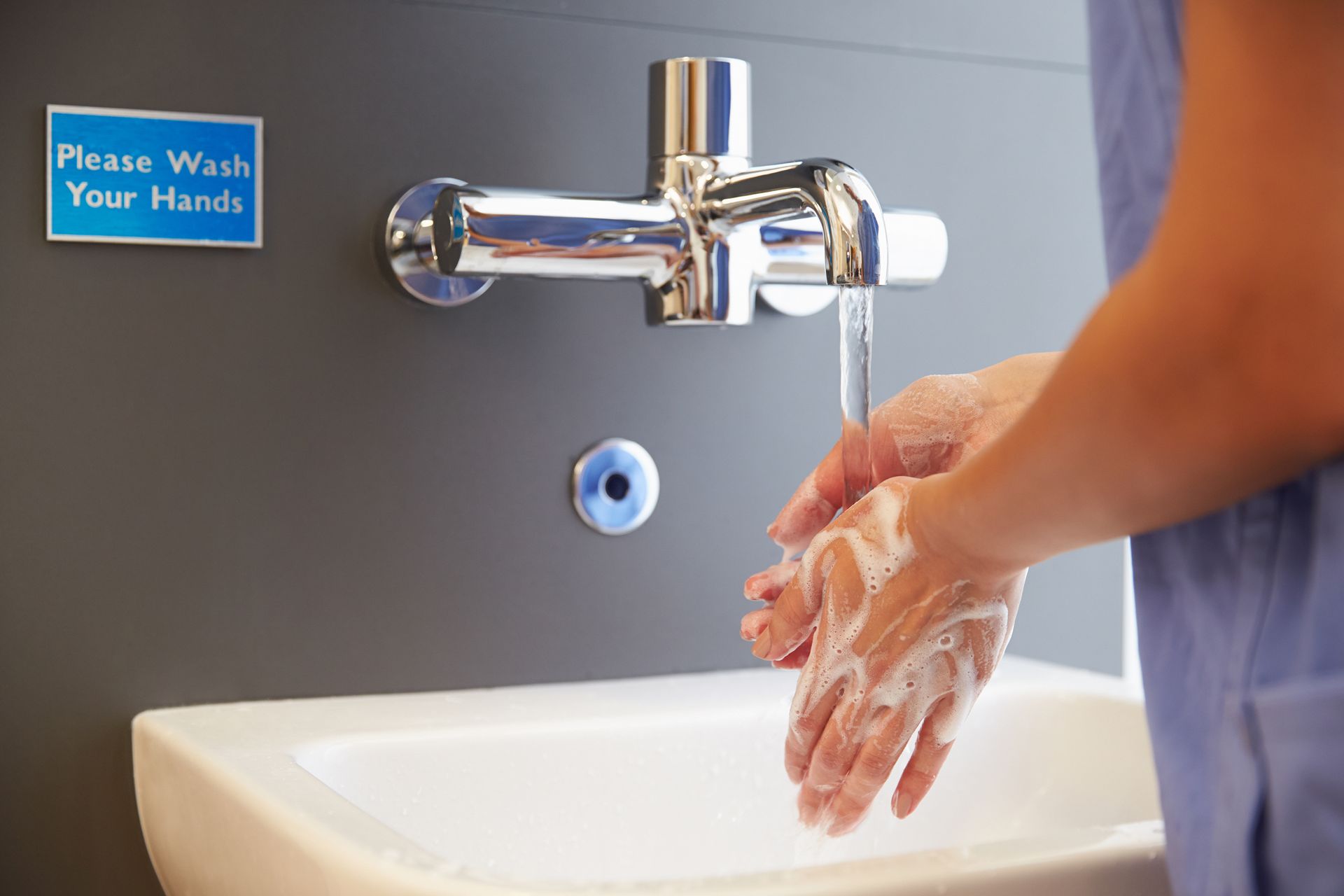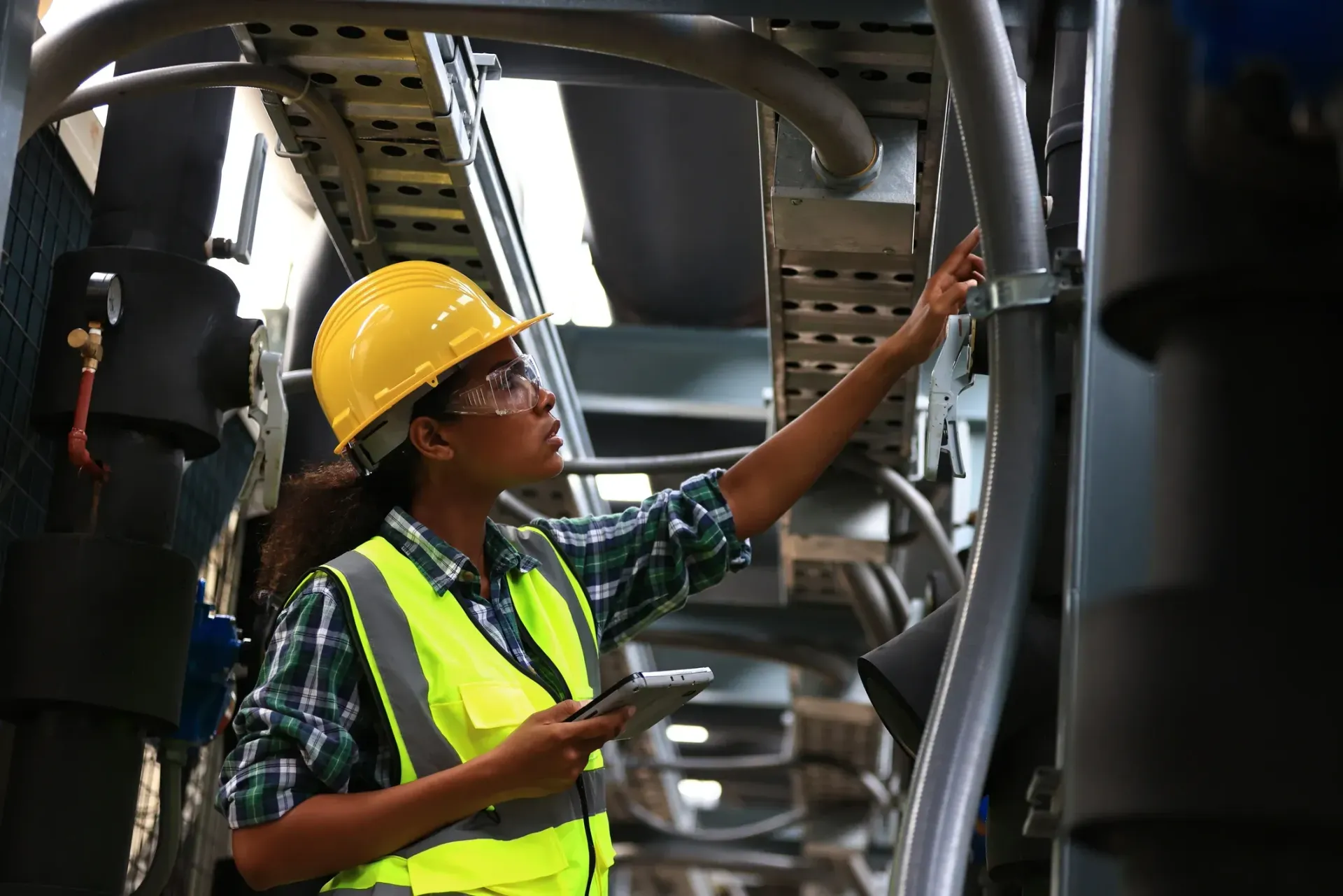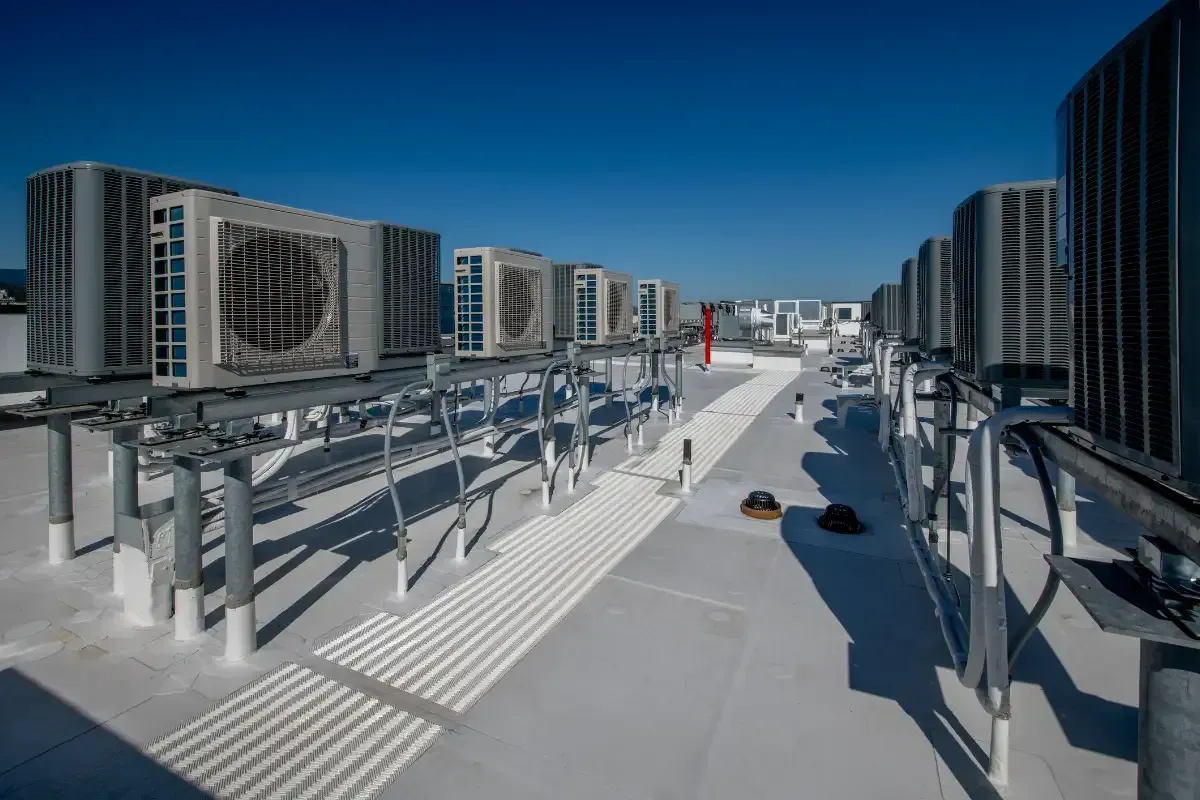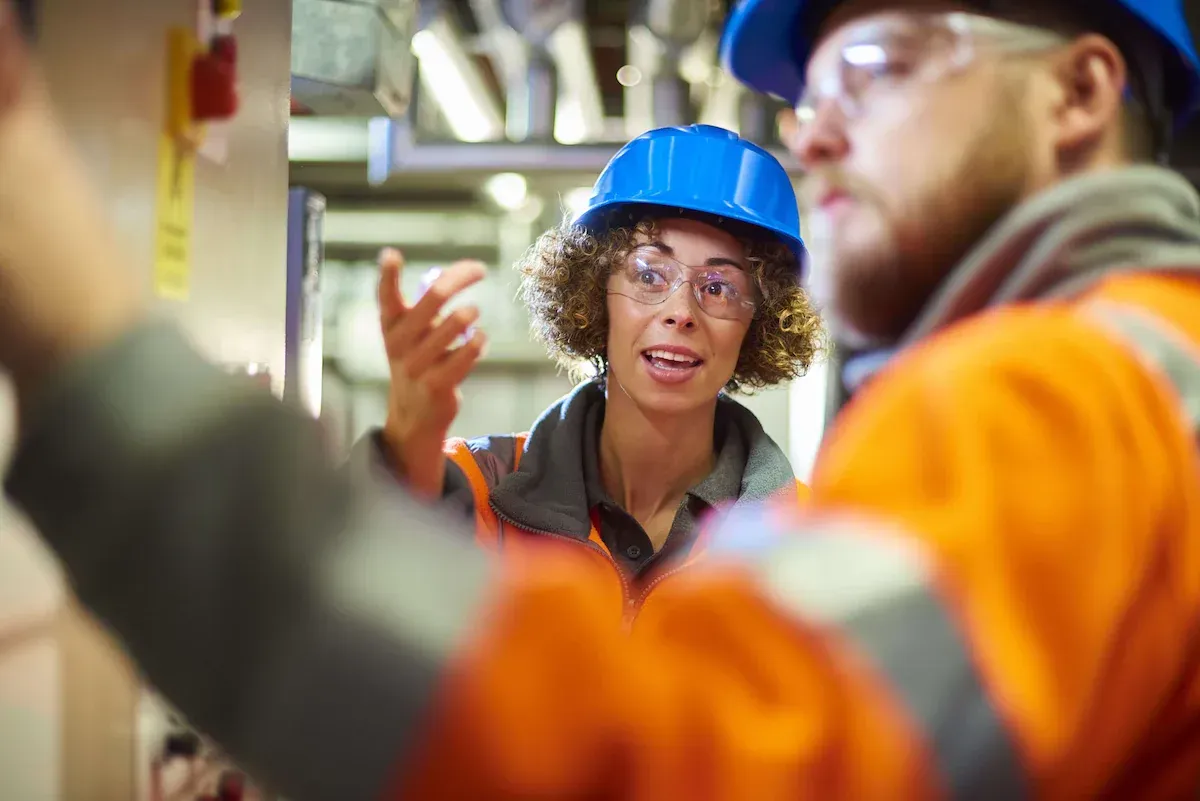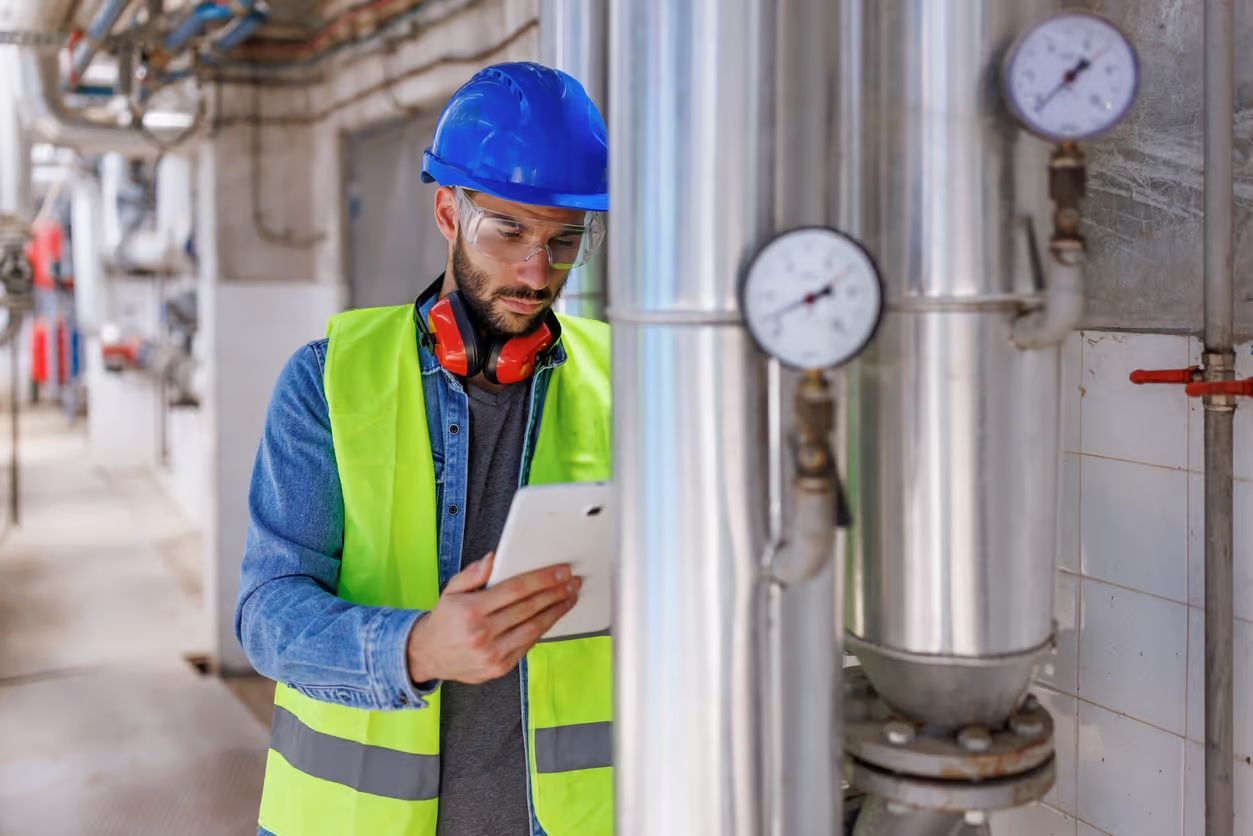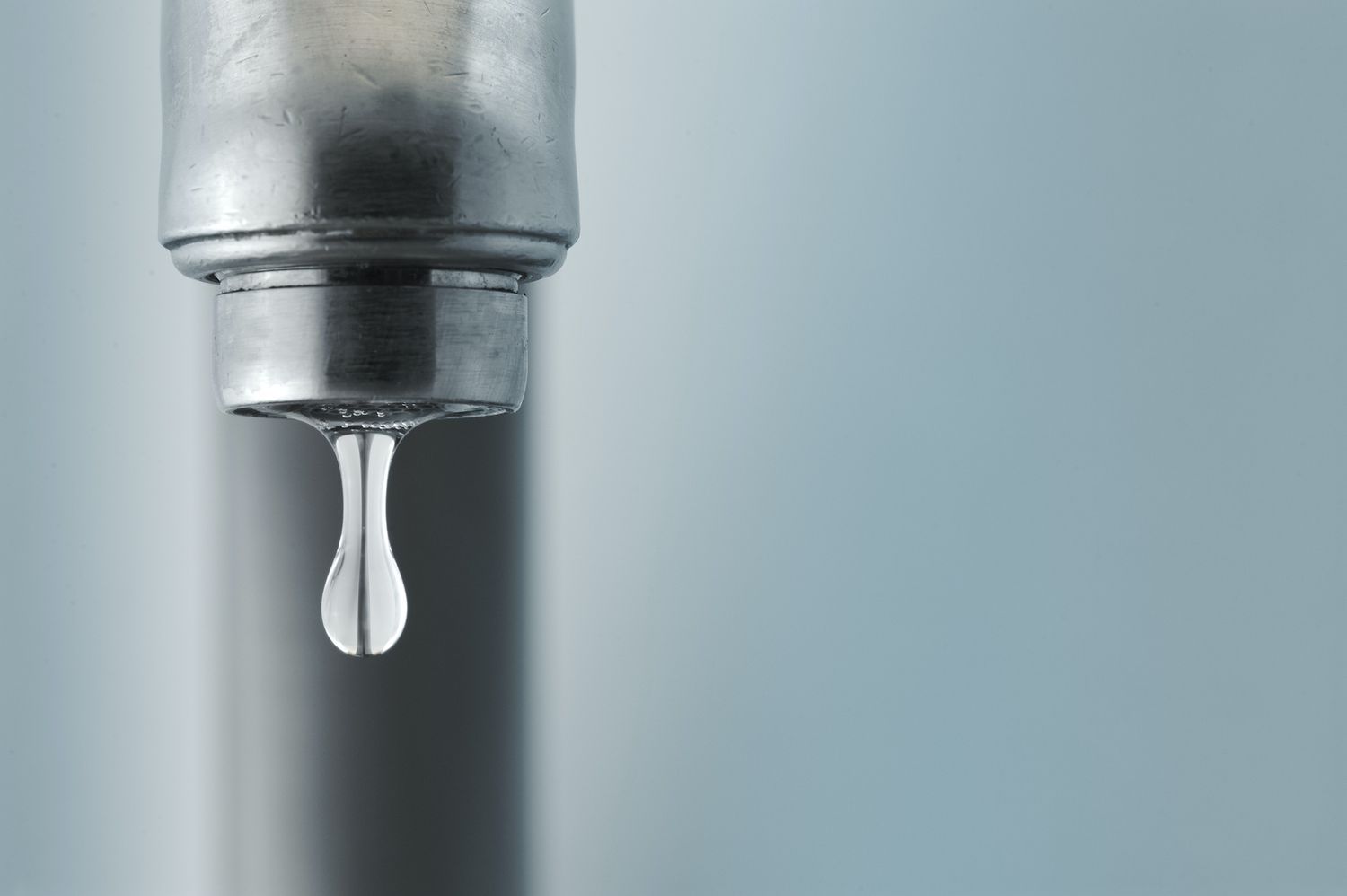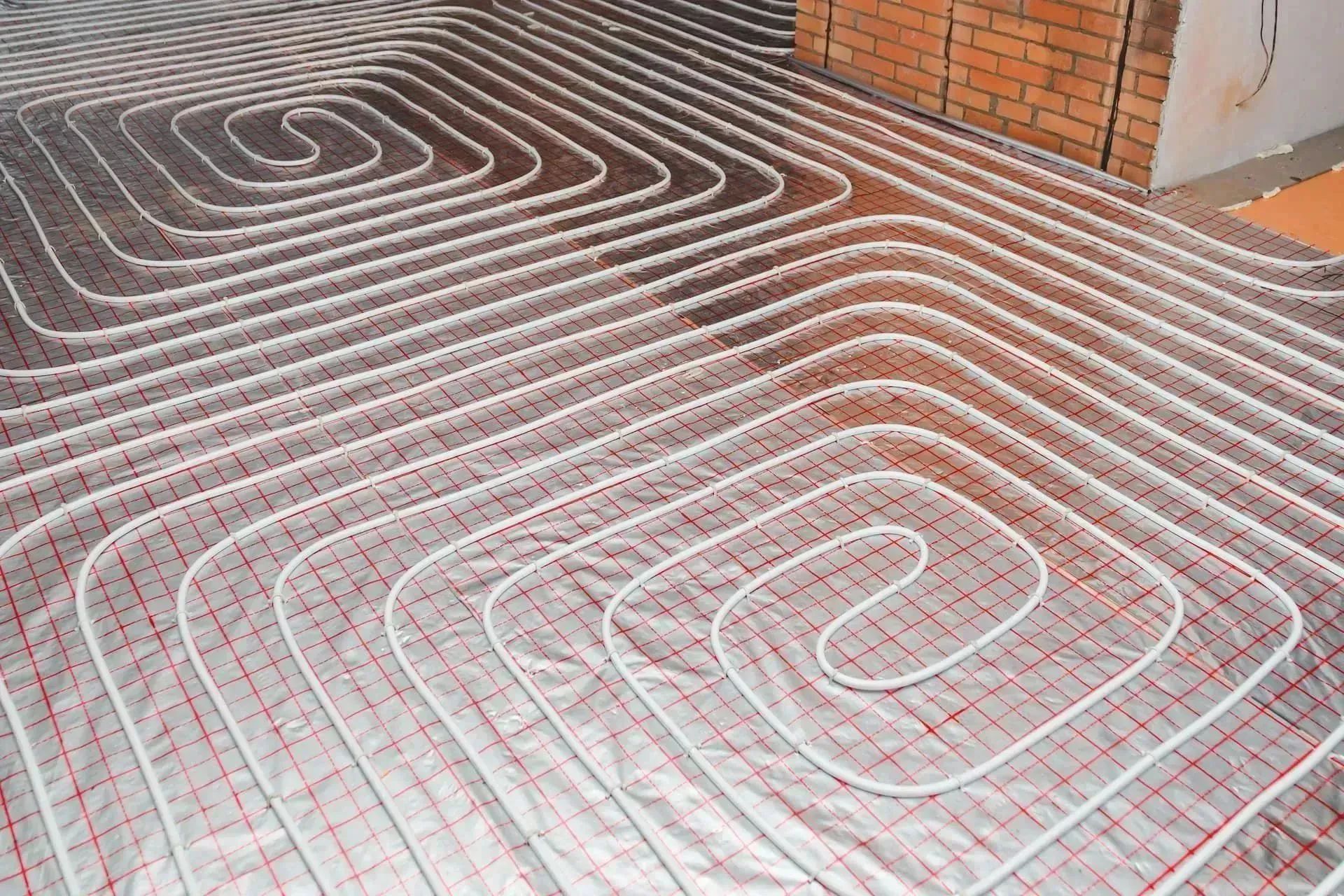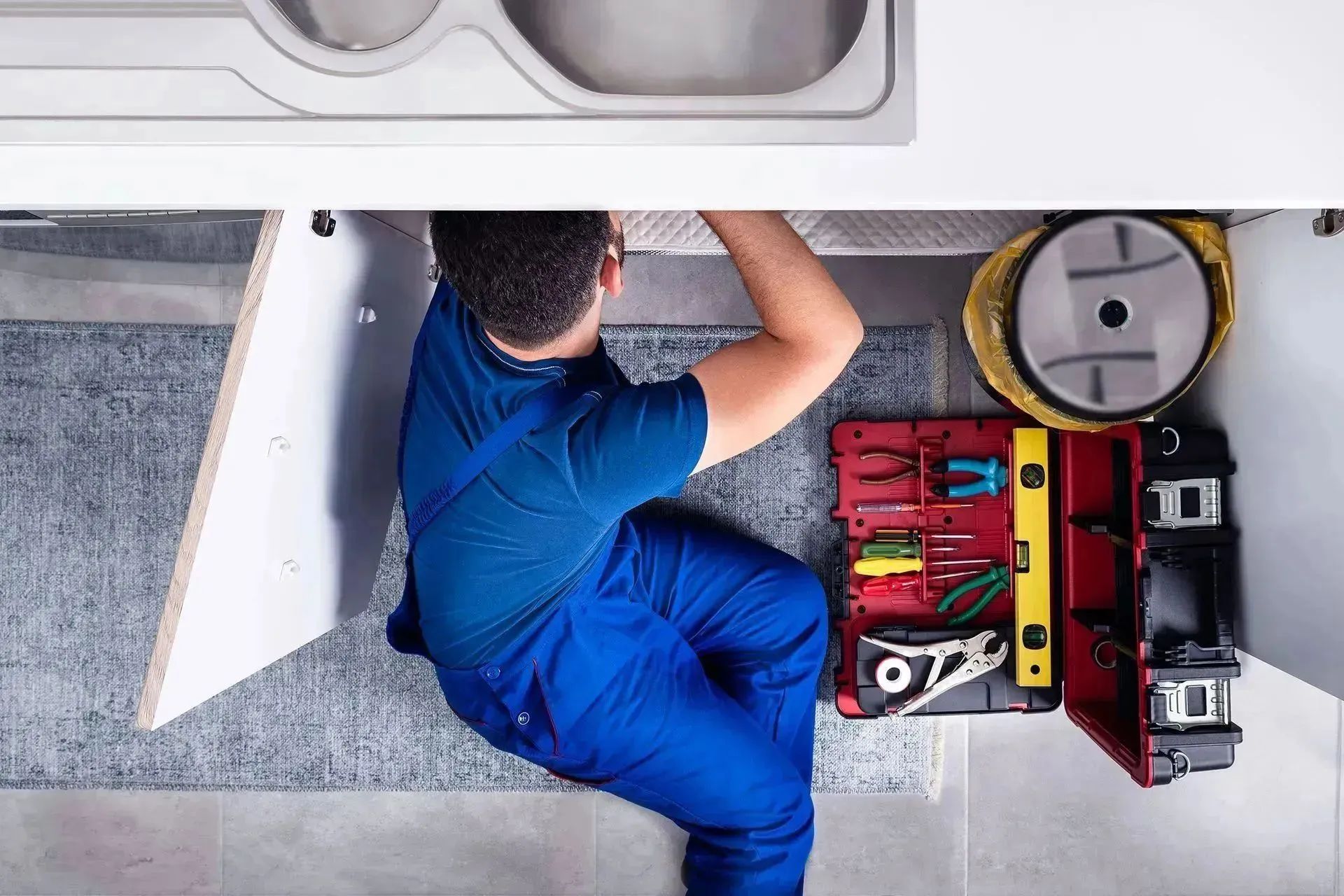Gas Servicing Commercial & Industrial Systems: What's Involved?
When it comes to keeping commercial buildings and industrial sites safe, efficient, and operational, regular gas servicing is essential. From schools and office blocks to manufacturing plants and warehouses, the systems powering our buildings are often complex, demanding a higher level of oversight than domestic systems. Whether you’re running a large-scale boiler, managing extensive pipework, or maintaining building-wide commercial heating, failing to service your equipment regularly can lead to a range of risks.
This is where qualified industrial gas heating engineers and plumbing professionals come in. With the expertise to inspect, repair and maintain high-capacity systems, they ensure everything from gas boilers to industrial ovens run smoothly and meet current safety standards. In this article, we’ll explore what’s involved in gas servicing for commercial and industrial systems. To learn more, keep on reading!
What Is Gas Servicing in Commercial and Industrial Settings?
Gas servicing is the process of inspecting, maintaining, and testing gas-powered systems to ensure they remain safe, efficient, and compliant with UK regulations. In a commercial or industrial context, this means going beyond the basic checks carried out in domestic homes. In commercial and industrial spaces, the plumbing systems are typically more complex, cover a larger area, and require greater demand.
In settings like schools, care homes, warehouses, and manufacturing plants, gas appliances are very important. For everything from commercial heating to cooking and water supply, they are crucial for these spaces. Servicing means that these systems are able to operate safely, especially during peak demand in colder months or high-usage periods.
While most businesses go for annual servicing, some industries such as food production or healthcare facilities may choose to have more frequent checks due to risk levels and equipment load. Regular gas servicing helps prevent dangerous issues like carbon monoxide leaks, gas escapes, or full system breakdowns.
What Happens During a Commercial Gas Service?
A thorough commercial gas service is more than just a quick look at your boiler. It’s a comprehensive inspection and maintenance routine carried out by a qualified professional. These services are incredibly important for ensuring safety, compliance, and efficiency across your gas systems. Whether your site is a school, warehouse, office, or industrial facility, engineers will follow a detailed process which is tailored to the demands of commercial heating and industrial plumbing infrastructure.
Here’s what’s typically included during a service:
● Visual inspection - Engineers assess all visible components, pipework, and gas appliances to check for signs of damage, wear, or leaks.
● Operational testing - Your heating system is turned on and tested under normal conditions to ensure it’s working efficiently and safely.
● Flue and ventilation checks - Safe venting of gases is critical. The engineer checks flues for blockages and ensures rooms are properly ventilated.
● Gas pressure and flow tests - These are essential for confirming that appliances and boilers are receiving gas at the correct pressure levels.
● Combustion analysis - Using a flue gas analyser, the engineer measures carbon monoxide and other combustion by-products to make sure everything burns cleanly.
● Gas leak detection - Advanced detection tools are used to identify even the smallest gas leaks before they become serious.
● Component cleaning - Dust, soot, or build-up is removed from burners, heat exchangers, and other critical areas to improve performance.
● Service record documentation - A full report will be provided detailing the work completed, any issues found, and recommended next steps. This is vital for legal compliance and insurance purposes.
By using industrial gas professionals who understand the scale and complexity of commercial systems, you can gain peace of mind that your site is safe and running properly. It’s also important to bear in mind that waiting until something goes wrong can be a dangerous approach, and having regular servicing can help you identify problems before they become more serious. This preventative approach is smarter, and safer.
Legal Responsibilities for Business Owners and Property Managers
Gas safety is not just good practice, it's a legal requirement. In the UK, business owners and property managers have a duty of care to ensure all gas systems within commercial or industrial premises are properly maintained, regularly serviced, and compliant with safety legislation. Failing to do so can result in hefty fines for your organisation, insurance issues, or even prosecution. We've listed some of the key regulations you should be aware of below.
Gas Safety (Installation and Use) Regulations 1998
Under these regulations, employers must ensure that any gas appliance, pipework or flue installed in the workplace is maintained in a safe condition. For most sites, this includes:
● Arranging annual gas servicing by a Gas Safe registered engineer.
● Ensuring the engineer is qualified to work on commercial and/or industrial gas systems.
● Keeping gas appliances in a condition that prevents injury to employees, visitors, or residents.
Health and Safety at Work etc. Act 1974
Business owners and property managers are legally required to provide a safe working environment and this extends to commercial gas maintenance and heating systems. Any gas-related hazard, from carbon monoxide leaks to faulty boilers, must be addressed immediately.
Certification and Record Keeping
After each commercial gas service, a certificate (e.g. a CP42 for catering establishments) should be issued. This must be:
● Stored securely for at least two years
● Made available during inspections, or in the event of a claim or compliance audit
Insurance Considerations
Most commercial property and liability insurance policies require evidence of regular gas servicing. If you fail to service your system and an incident occurs, insurers may refuse to pay out, leaving your business to absorb the cost.
Cost-Saving Benefits of Regular Commercial Gas Maintenance
While it may be tempting to view gas servicing as a routine expense, it’s actually one of the most effective ways to save money and protect your organisation. Proactive, scheduled maintenance by qualified engineers helps businesses avoid unexpected costs, improve energy efficiency, and extend the lifespan of expensive infrastructure. Here are some more of the key financial advantages:
Fewer Costly Repairs and Emergencies
Regular servicing helps detect and resolve minor issues before they become major problems. Something as simple as a blocked flue or worn seal can escalate into a full system failure if left unchecked. Emergency callouts, unplanned shutdowns, and temporary heating solutions are all significantly more expensive than planned maintenance. According to industry estimates, reactive repairs can cost three to five times more than preventative servicing.
Improved Energy Efficiency
The Carbon Trust reports that poor boiler maintenance can increase energy use by up to 30%. Gas appliances that are properly maintained operate more efficiently, using less fuel to produce the same output. Over time, this adds up to substantial savings — especially in large buildings where commercial heating systems are running continuously.
Extended Equipment Lifespan
Just like a vehicle, regular servicing helps keep commercial boilers and heating systems in good condition for longer. Failing to maintain these systems can shorten their usable life, leading to premature (and expensive) replacement.
Avoiding Fines, Legal Costs, and Business Disruption
Neglecting gas servicing obligations can result in penalties from the Health and Safety Executive or local authorities. In serious cases, businesses may even be forced to close temporarily. Staying compliant avoids these risks and will keep your operations running smoothly.
Predictable Budgeting
With scheduled commercial gas maintenance, you can plan ahead for servicing costs, rather than being hit with unpredictable emergency repairs. Many engineers offer service plans that help you spread costs over the year.
Choosing the Right Gas Servicing Provider
When it comes to something as critical as commercial gas servicing, choosing the right provider can make all the difference. Not all engineers have the expertise or certifications needed to work on complex commercial and industrial systems, so it’s vital to choose a trusted and qualified professional.
Here’s what to look for when selecting a servicing partner:
Gas Safe Registration - This is non-negotiable. Your engineer must be Gas Safe registered and authorised to work on commercial gas systems. Always ask to see their ID card, which lists what they’re qualified to service.
Experience with Industrial Systems - Large-scale heating systems, industrial plumbing, and gas infrastructure require specialist knowledge. Look for providers who regularly service schools, warehouses, healthcare facilities, or large commercial buildings — not just domestic properties.
Comprehensive Service Offering - A quality provider should offer:
● Routine maintenance
● Emergency call-out
● Detailed service reports
● Fault diagnostics
● Planned service agreements
Caledonian Heating & Plumbing: Find Industrial Heating & Gas Engineers
Maintaining your commercial or industrial gas systems isn’t just a regulatory requirement, it’s a smart investment in safety, performance, and long-term cost savings. From avoiding breakdowns and reducing energy usage to keeping your insurance valid and staff protected, regular gas servicing should be a cornerstone of your property maintenance plan.
Here at Caledonian Heating & Plumbing, we specialise in commercial gas servicing and industrial gas maintenance across Scotland. Our fully qualified Gas Safe engineers work with businesses of all sizes, delivering tailored maintenance packages, emergency support, and complete. Get in touch today to learn more.


